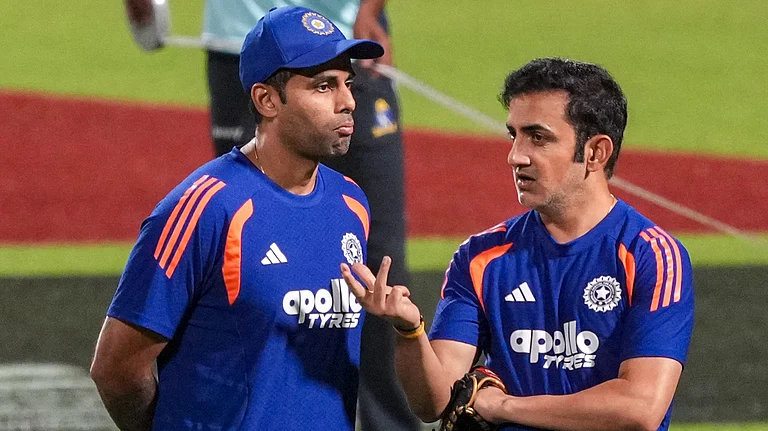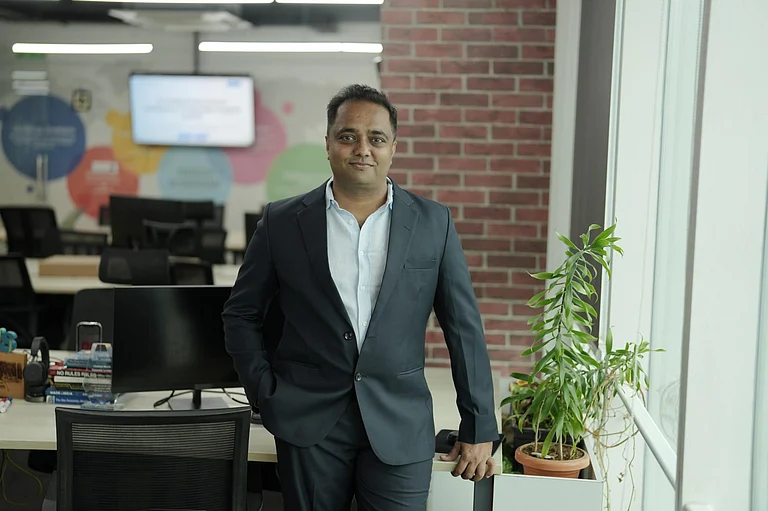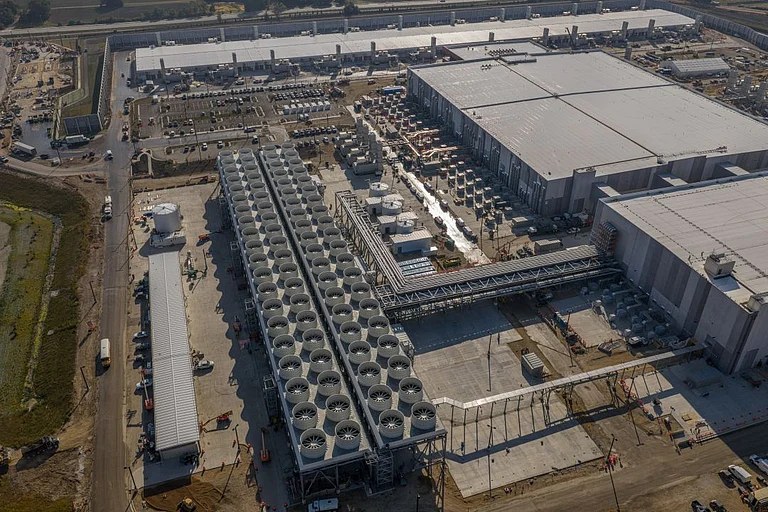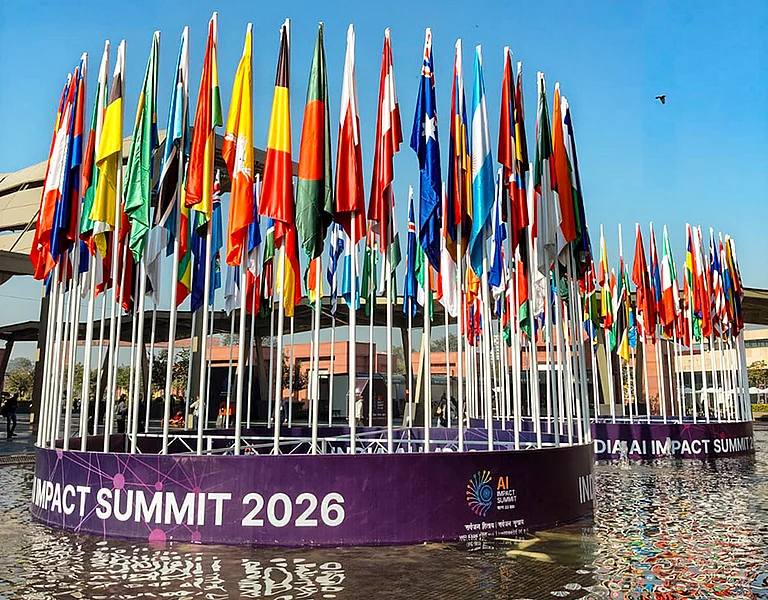Since their very launch, COVID-19 vaccines have courted several controversies. Many call them a product of haste, their efficacy and side effects have been the subject of both political and scientific critique.
Earlier this week, AstraZeneca, the pharmaceutical company behind the Oxford University-developed vaccine, acknowledged that its vaccine can cause a rare side effect of blood clotting and low platelet count after immunisation. This vaccine was administered in India by the name of Covishield and was mass-produced by the Pune-based vaccine giant Serum Institute of India (SII).
Out of more than 11 vaccines approved by the national regulatory body, Central Drugs Standard Control Organization (CDSCO), Covishield was the first to receive approval on January 3, 2021, for “restricted use in emergency situations”.
According to the Government's CoWin platform, at the time of writing this article, 220 crore vaccine doses were administered in India, with 174 crore being Covishield.
A large number of other vaccines like Covaxin, Sputnik V, Corbevax, Covovax, iNCOVACC etc were also used in India to immunise the population against COVID-19. None of these could evade controversies and apprehensions of the scientific community. Let us look at the controversies that these vaccines created.
Covaxin
This vaccine, produced by Hyderabad-based Bharat Biotech in collaboration with the Indian Council of Medical Research (ICMR) and National Institute of Virology, Pune, is India’s first indigenously developed COVID-19 vaccine. It is an inactivated SARS-CoV-2Vaccine, which means it is made of viruses that have been killed or weakened and can no longer cause infection.
It faced criticism when the CDSCO gave it restricted emergency use authorisation in January 2021 despite it not having released any efficacy data. The vaccine was included in the government’s vaccination drive that ran throughout the country and till today, 36 crore doses of Covaxin have been administered.
However, it was only 11 months after the Government nod that the WHO granted it approval, as its advisory group sought additional clarifications from Bharat Biotech.
It was first embroiled in a backlash when a letter by ICMR on July 2, 2020, said that they “envisage launching the vaccine for public health use latest by 15th August 2020 after completion of all clinical trials”. The experts questioned the ‘deadline’ since the clinal trials had not begun then. The Health Ministry later clarified that the intent of the letter was “only to expedite duly approved clinical trials without compromising on safety and security concerns”.
In an investigation by STAT, it was found that the protocol for Phase 3 was approved while Phase 2 was still underway, and the final vaccine candidate was selected without Phase 2 data of the vaccine trial. The Bharat Biotech executives acknowledged being under "political" pressure to expedite the vaccine's release from the laboratory, but they ensured compliance with all rules. The company and the government agency, ICMR, which was backing it were accused of a lack of transparency since the protocols of the trials were even not publicly disclosed.
After AstraZeneca’s admission, Bharat Biotech issued a statement last week affirming that “Covaxin was evaluated in more than 27,000 subjects as part of its licensure process”. The company added that all studies have suggested that their vaccine was not associated with “incidents of blood clots, thrombocytopenia, TTS, VITT, pericarditis, myocarditis and more".
Sputnik V
It was touted as the world’s first Covid 19 vaccine by Russia where it was registered as early as August 2020. Within a month, Hyderabad-based pharmaceutical firm Dr Reddy's Laboratories inked a deal with the Russian Direct Investment Fund (RDIF), the sovereign wealth fund of the Russian government responsible for selling Sputnik V. The vaccine is based on the human adenovirus, a common cold virus that is fused with the spike protein of Sars-CoV-2 to stimulate an immune response.
As per government data, 12 lakh shots have been administered since the vaccine was approved in April 2021. The vaccine’s 91 to 97 per cent efficacy claim has often been questioned because the developers had been slow to share the scientific data with international regulators and researchers. The vaccine’s credentials were further damaged when the maker rushed the vaccines to the market, before the completion of broad-based Stage III trials.
On May 12, in a letter to The Lancet, titled ‘Data discrepancies and substandard reporting of interim data of Sputnik V phase 3 trial’, an international group of scientists raised concerns regarding the interim results from Phase 3 trials of Sputnik V.
Individuals vaccinated with Sputnik V in India, priced at Rs 995, faced a lot of difficulties travelling abroad owing to drug regulators like the WHO and the European Medicines Agency not approving the vaccine. Private hospitals in India reportedly cancelled orders due to its high price and extremely cold storage requirements.
Corbevax
It received emergency use authorisation from the Drug Controller General of India (DCGI) on 28 December 2021. Developed by Hyderabad-based vaccine maker Biological E, this vaccine was primarily used to vaccinate 12-14-year-old children. As per data, 7 crore jabs have been administered till this date.
A report by Wire Science raised concerns that a crucial vaccine regulator, the National Technical Advisory Group on Immunisation (NTAGI) was not consulted before allowing the vaccination of children aged 12-14 years. It claimed that the NTAGI is one of the most important groups in the chain of approving vaccines. It also flagged the absence of the data vis-à-vis the efficacy of the Corbevax vaccine.
Further questions were raised since the vaccine was not tested on the later variants of the COVID-19 virus like the Omicron. Many experts had opposed the decision to immunise children who are said to have ‘natural immunity’ against the virus.




























